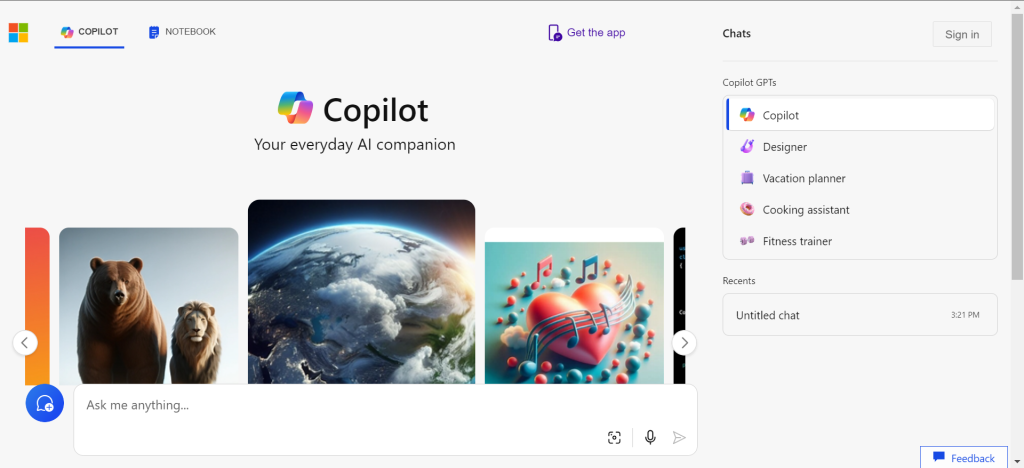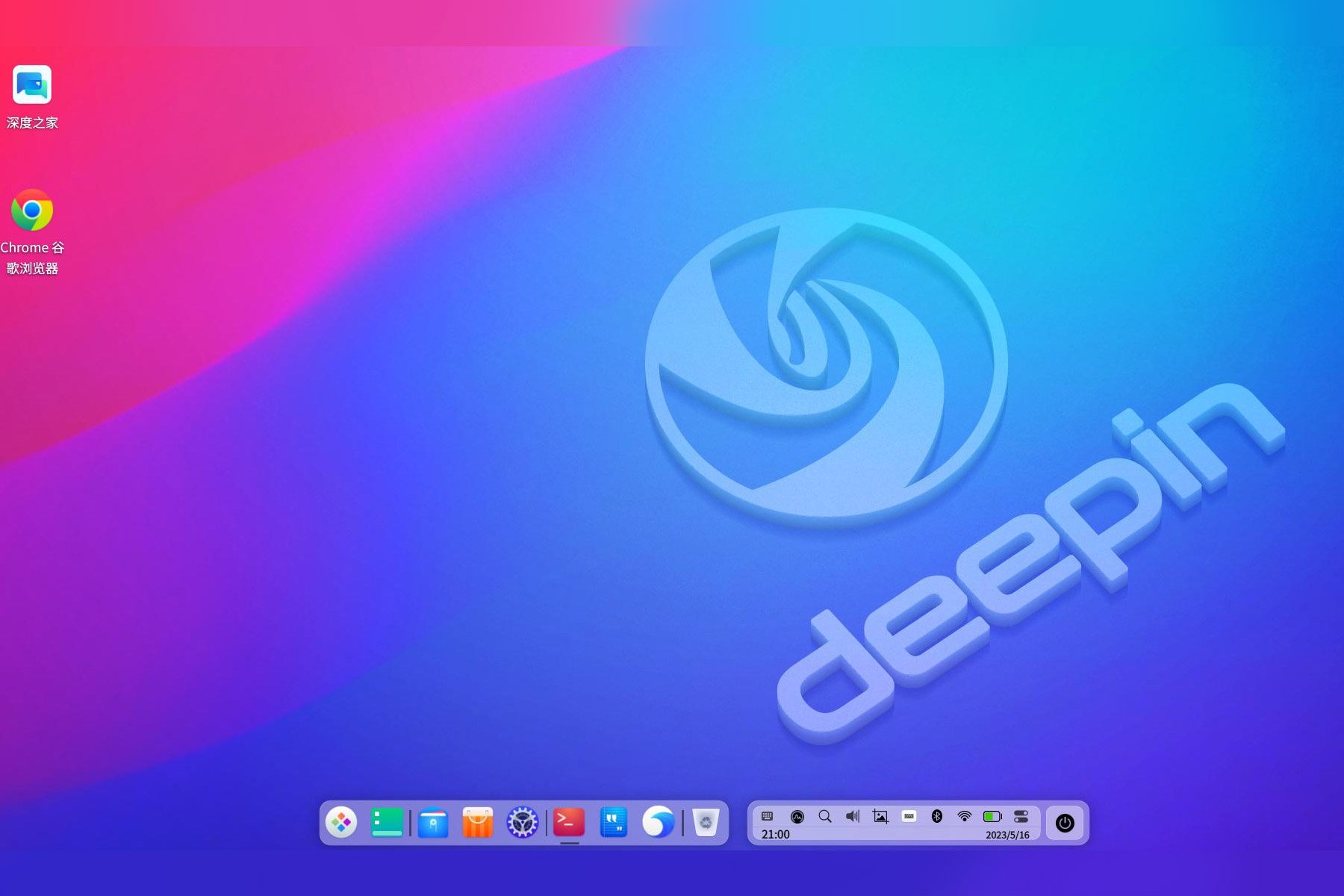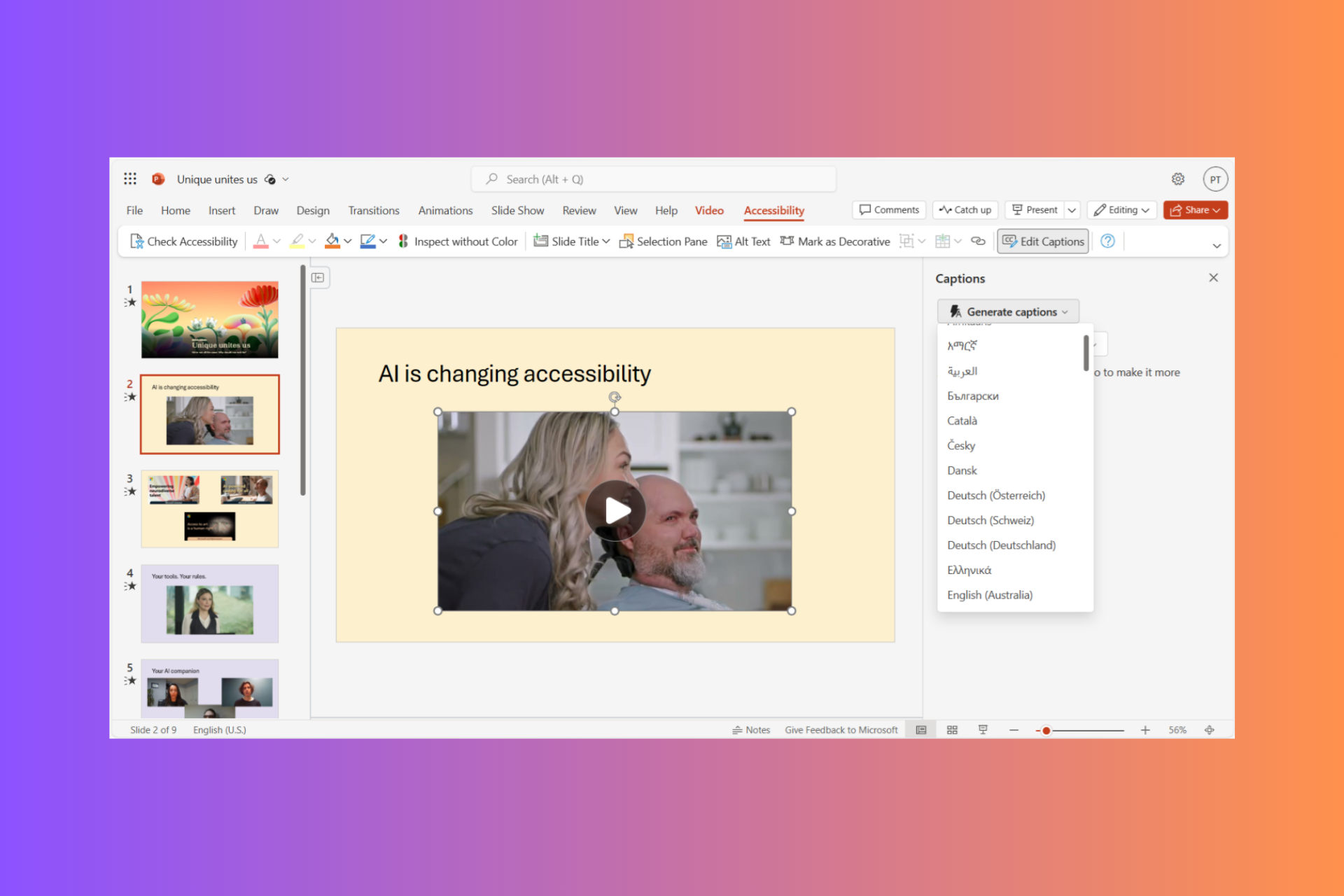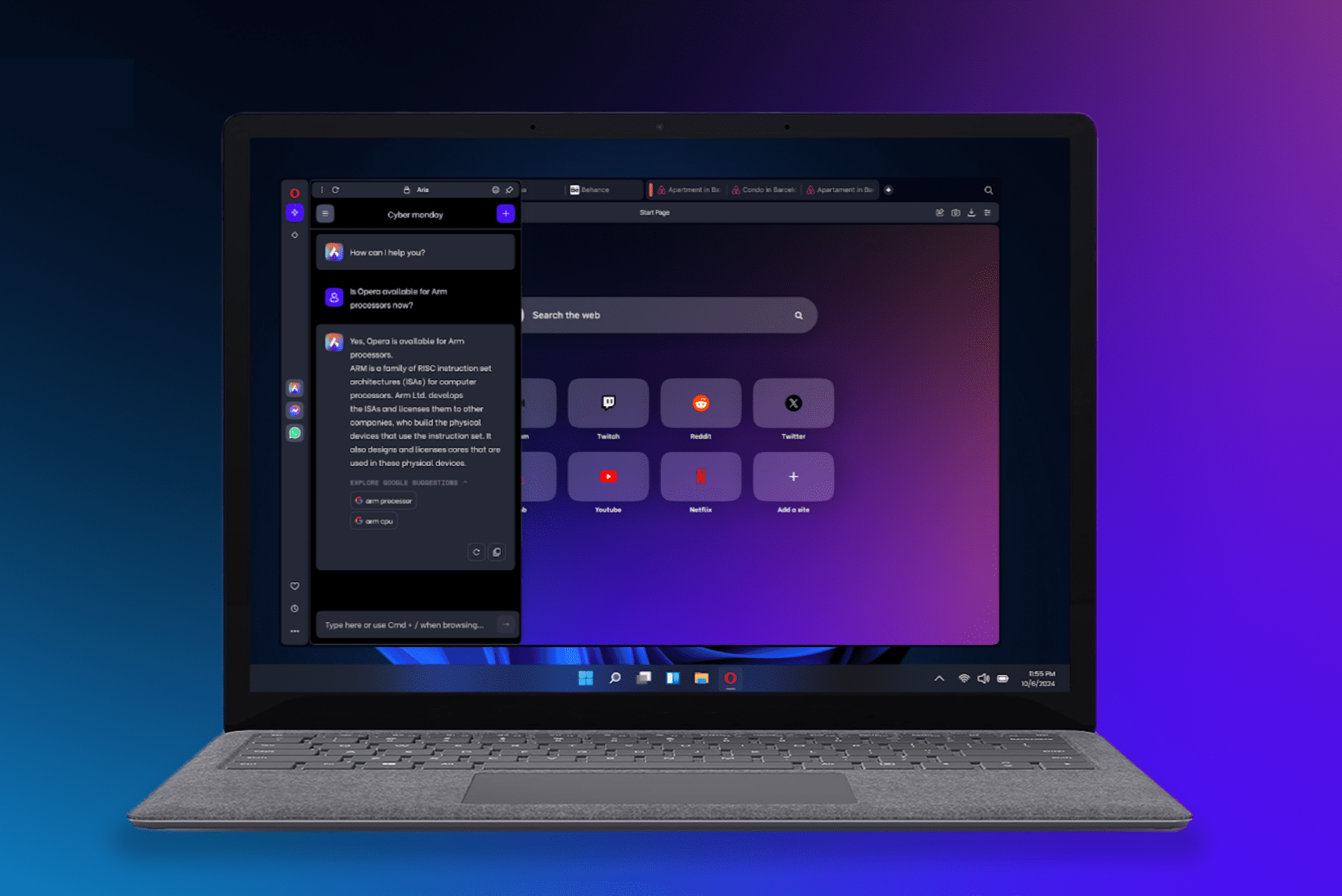Microsoft's survey sheds light on increased AI adoption among Indian workforce, will the world follow
India has one of the highest AI adoption rates
4 min. read
Published on
Read our disclosure page to find out how can you help Windows Report sustain the editorial team Read more

In the last few years, AI has become integral to most tech corporations around the globe, including emerging economies. A recent survey by Microsoft and LinkedIn highlights how India is leading the charge in AI adoption!
The survey results suggest that 92% of the Indian workforce is using AI, much higher than the global average of 75%. That’s a massive increase in just a year!
Leaders are encouraging AI adoption in India
The results of Microsoft’s survey show that 91% of leaders across organizations are encouraging AI adoption, leading to an increasing workforce using AI-powered tools to outperform the competition.
When the top echelon promotes AI integration, the workforce is bound to follow, as has been the case with India. Regular training programs play an important role in generating awareness and increasing AI adoption.
Sheila Jordan, Chief Digital Technology Officer at Honeywell, says,
To stay ahead of the curve, we’ve made AI training a priority to ensure everyone can leverage the power of Copilot for Microsoft 365 and other AI solutions. We also launched the GenAI Academy, supporting employee growth and development with the aim of increasing ambassadors and GenAI power users across the globe. We are already seeing benefits that are transforming the way we work and innovate
But there’s another side to it. Roughly half the workforce, 54%, believes their organization is not keeping up with the changing landscape. And that’s where AI assistants come into the picture, helping individuals use generative AI to seamlessly perform work-related tasks.
On the bright side, 72% of the workforce doesn’t rely on employers but integrates available AI tools on their own. This highlights a critical aspect: an increase in awareness amongst the workforce.
In my opinion, this has been driven by OpenAI’s ChatGPT and Microsoft Copilot. The latter’s integration into the Windows OS allows millions access to AI in a just click. And with GPT-4o now available for use, employees benefit from improved performance and reliability.
The survey also highlights the potential amongst the workforce and the eagerness to adopt AI. With the right approach, organizations can tap into it and boost their revenue while spending only a fraction.
While speaking to Microsoft News, Irina Ghose, Managing Director, Microsoft India and South Asia, said,
Data from the Work Trend Index shows that AI is now a reality at work, with India having one of the highest AI adoption rates among knowledge workers, at 92%. The rate of diffusion we’re seeing across sectors, from BFSI to healthcare to ITES and the public sector has been very encouraging. This AI optimism presents a tremendous opportunity for organizations to invest in the right tools and training, to unlock efficiencies for employees and ultimately drive long term business impact.
Our survey on Microsoft Copilot suggests that employees use the AI assistant to perform searches, write emails, and automate tasks.
Microsoft’s survey also highlights how AI power users (ones who are well-versed with the idea and extensively rely on AI tools) are 20% more likely to be selected for training programs and 65% more likely to communicate with the CEO.
Looking at these numbers, it’s clear that integrating AI into work won’t be optional anymore. It’s a critical skill one must excel in!
Even the hiring pattern in India suggests this. 75% of the respondents say they will never hire someone without AI skills, higher than the global average of 66%.
In a country with high unemployment levels among graduates, AI could be a skill that gets you shortlisted for interviews. According to the survey, 80% of the employers in India would prioritize AI skills over experience.
Similar trends will emerge across the globe
While AI adoption is rising exponentially among the Indian workforce, the trends are somewhat similar across the globe, although the rate is lower. And it shall soon attain the same levels or even higher, a key factor being the encouragement from the top leadership!
Besides, with Microsoft’s recent push for AI in manufacturing, we expect future trends to reflect increased adoption across industries.
For our readers, it’s essential to understand that artificial intelligence is here to stay. AI skills are now vital in securing one’s job and outperforming the competition.
If you have yet to discover the perfect AI assistant, check out our top picks for PC AI software and the best AI websites!
Do you agree that AI is now more of an essential skill for the workforce? Share with our readers in the comments section.









